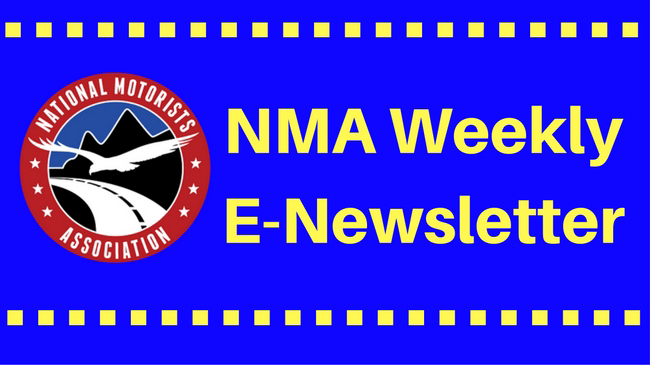“Few protections are as essential to individual liberty as the right to be free from unreasonable searches and seizures. The Framers made that right explicit in the Bill of Rights following their experience with the indignities and invasions of privacy wrought by ‘general warrants and warrantless searches that had so alienated the colonists and had helped speed the movement for independence.’”
Those words are from the majority opinion of the U.S. Supreme Court as delivered by Justice Anthony Kennedy in the Fourth Amendment case, Terrence Byrd v. United States. The NMA weighed in with an amicus brief in support of petitioner Byrd but more specifically addressed the key issue contested by the U.S. Government─whether a driver in lawful possession or control of a rental car, even if his/her name is not on the rental agreement, has a reasonable expectation of privacy in the car.
The facts of the case are these: Byrd’s girlfriend rented a car and handed the keys to him for a trip from Paterson, New Jersey to Pittsburgh, Pennsylvania. During the trip, a state trooper watched as Byrd drove past and became suspicious because the driver held his hands at “10 and 2” on the steering wheel, sat far back from the steering wheel, and was driving a rental car as evidenced by a sticker on one of its windows. The pretext of the ensuing stop is certainly questionable but the reason the case made its way to the Supreme Court is because of what happened next.
Another trooper joined the first and they asked Byrd for his driver’s license and a copy of the rental agreement. When it was discovered that Byrd’s name wasn’t on the agreement, one trooper noted to the other that “he has no expectation of privacy.” They then conducted a search of the vehicle over Byrd’s objections, found illegal contraband in the trunk, and arrested him.
The District Court denied Byrd’s motion to suppress the evidence, noting that the defendant lacked standing to contest the unwarranted search. The Court of Appeals upheld that decision which led to Byrd’s petition to the highest court.
This was not a typically narrow 5 to 4 ruling among the Supreme Court justices; it was a unanimous decision in favor of upholding an authorized driver’s Fourth Amendment right against unreasonable search and seizure. Observed Justice Kennedy, “There may be countless innocuous reasons why an unauthorized driver might get behind the wheel of a rental car and drive it — perhaps the renter is drowsy or inebriated and the two think it safer for the friend to drive them to their destination . . . the government fails to explain what bearing this breach of contract, standing alone, has on expectations of privacy in the car.”
Byrd is the second Supreme Court Fourth Amendment case in the past six years where the NMA has successfully supported the vital constitutional protection with an amicus brief, the other being United States v. Antoine Jones in 2012. (See the cover story of the Winter 2018 issue of Driving Freedoms for more on both cases.)
In deference to the National Hockey League playoffs currently in full swing, is it too much to hope for an NMA hat trick in court decisions? Antoine Jones. Check. Byrd. Check. The Pennsylvania Turnpike Commission excessive tolling and revenue diversion class action complaint? Pending.




